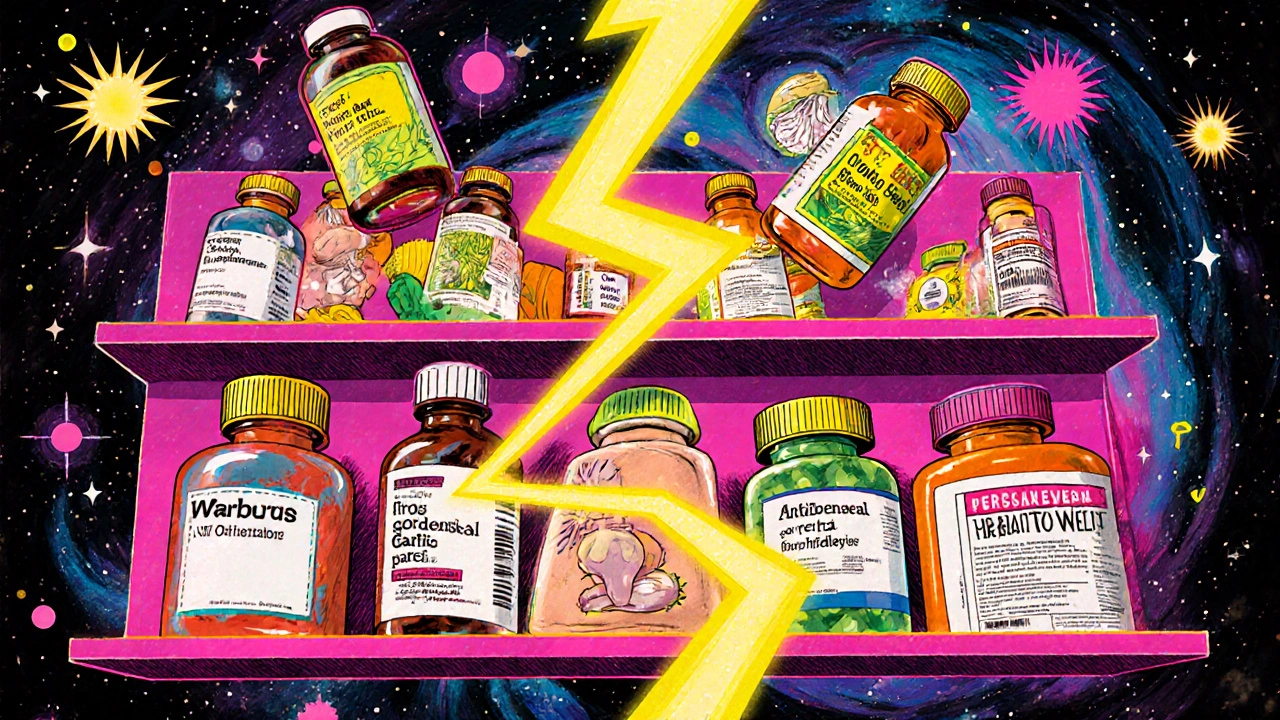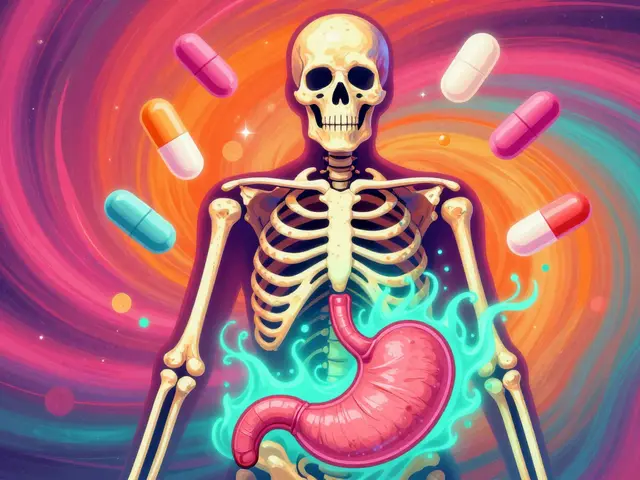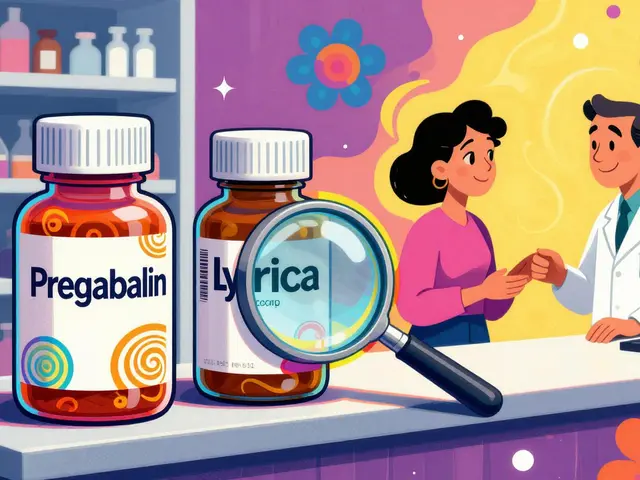St. John's Wort: Natural Depression Relief, Interactions, and What Really Works
When people look for a natural way to feel better, St. John's Wort, a yellow-flowered herb used for centuries to ease low mood and anxiety. Also known as Hypericum perforatum, it’s one of the most studied herbal supplements for mild to moderate depression. Unlike prescription antidepressants, it doesn’t require a doctor’s note in many countries—but that doesn’t mean it’s harmless. In fact, it can mess with your meds in ways you won’t see coming.
St. John's Wort works by boosting serotonin, dopamine, and norepinephrine in the brain—similar to how SSRIs like Prozac or Zoloft work. But here’s the catch: it doesn’t just affect your mood. It also speeds up how your liver breaks down other drugs. That means if you’re on birth control, blood thinners, statins, or even HIV meds, St. John’s Wort could make them useless—or worse, cause dangerous side effects. There’s real data behind this: a 2002 study in the Journal of the American Medical Association showed that people on cyclosporine (a transplant drug) had a 30% drop in drug levels after just two weeks of taking St. John’s Wort. That’s not a small risk.
It’s not just about pills. Serotonin syndrome, a rare but life-threatening reaction from too much serotonin in the brain can happen if you mix St. John’s Wort with antidepressants. Symptoms include confusion, rapid heart rate, shivering, and muscle rigidity. If you’re already on an SSRI or SNRI, skip this herb. And if you’re thinking about switching from pills to St. John’s Wort? Don’t just stop your prescription cold. Talk to a doctor first. Tapering matters.
Not everyone responds the same way. Some people feel a lift in mood within a couple of weeks. Others notice nothing. It’s not magic—it’s chemistry. And like any chemical, it has limits. Studies show it works best for mild depression, not severe cases. If you’re struggling to get out of bed, crying daily, or having thoughts of hopelessness, this herb won’t cut it. Professional help is needed.
There’s also the issue of quality. Supplements aren’t regulated like drugs. One bottle might have enough hypericin (the active compound) to help. Another might be mostly filler. Look for products that list standardized extract levels—usually 0.3% hypericin or 5% hyperforin. And always check the expiration date. St. John’s Wort loses potency fast.
And what about side effects? Most people tolerate it fine, but some get dry mouth, dizziness, stomach upset, or increased sensitivity to sunlight. If you’re fair-skinned or spend time outside, wear sunscreen. You could burn easier than usual.
St. John’s Wort isn’t a cure-all. It’s a tool—with rules. It’s not for everyone, and it’s not safe to guess with. But for some, it’s a real alternative when other options haven’t worked or caused too many side effects. The key is knowing when to use it, when to avoid it, and how to do it without putting your health at risk.
Below, you’ll find real-world guides on how to report side effects, manage drug interactions, and understand what really happens when herbal remedies meet prescription meds. These aren’t theory pieces—they’re practical, tested advice from people who’ve been there.
Herbal Supplements That Interact with Common Prescription Drugs
Herbal supplements like St. John's Wort and ginkgo biloba can dangerously interact with common prescription drugs, reducing effectiveness or causing life-threatening side effects. Learn which herbs are risky and what to do to stay safe.






